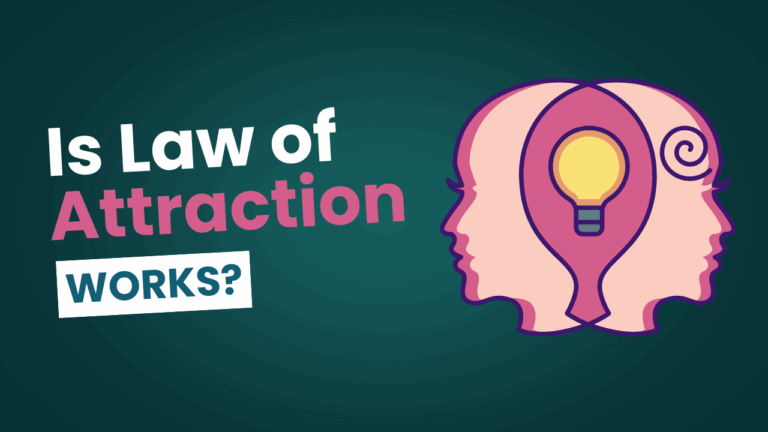“I Try My Best!” – What Does That Really Mean?
You’ve probably said it. I know I have. “I try my best.” Simple words, tossed out in conversations, job interviews, maybe even in quiet moments of self-doubt. But what is “my best”? And why does it sound like both a promise and a disclaimer at the same time?
Let’s unpack this.
When someone says “I try my best,” it usually comes from a place of sincerity. It’s not boasting. It’s not giving up either. It’s more like a middle ground—an admission that while we may not be perfect (and we definitely aren’t), we’re still showing up and putting in effort. Most days, that’s worth something, right?
But here’s where it gets murky. “My best” isn’t a fixed thing. It shifts. Some days, your best might look like crossing twenty things off your to-do list, hitting deadlines, making calls, working out, cooking dinner… you know, superhero mode. Other days? Honestly, getting out of bed and answering one email might be all you can manage. And that still counts.
There’s also this weird pressure hidden in the phrase. Like—if you try your best and still fail, does that mean your best isn’t good enough? That question lingers, doesn’t it? It’s uncomfortable. Sometimes I wonder if we use the phrase as a bit of a safety net. A way of saying, “Hey, even if I didn’t succeed, I cared.”
Another layer: we often say it to reassure others, but sometimes, we’re really trying to convince ourselves. Think about it. After messing something up or missing a mark, have you ever thought, “Well, I tried my best…”—not out of pride, but out of a need to feel okay about it? I know I have. More than once.
And maybe that’s the most human part of it. “Trying our best” doesn’t mean we always get it right. It means we gave what we had at that moment. It’s humble. It’s honest. It lets us be imperfect but still worthy.
So what do we need to know about this term? Just this: It’s not a guarantee of success. It’s a reflection of effort, not outcome. It’s deeply personal. And it changes—daily, hourly, depending on sleep, mental load, and whether the coffee kicked in.
At the end of the day, “I try my best” is a quiet kind of courage. Maybe even an act of self-kindness. And honestly, in a world that constantly demands more, that might be enough.
What does “your best” look like today?







